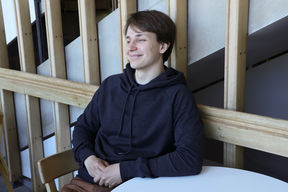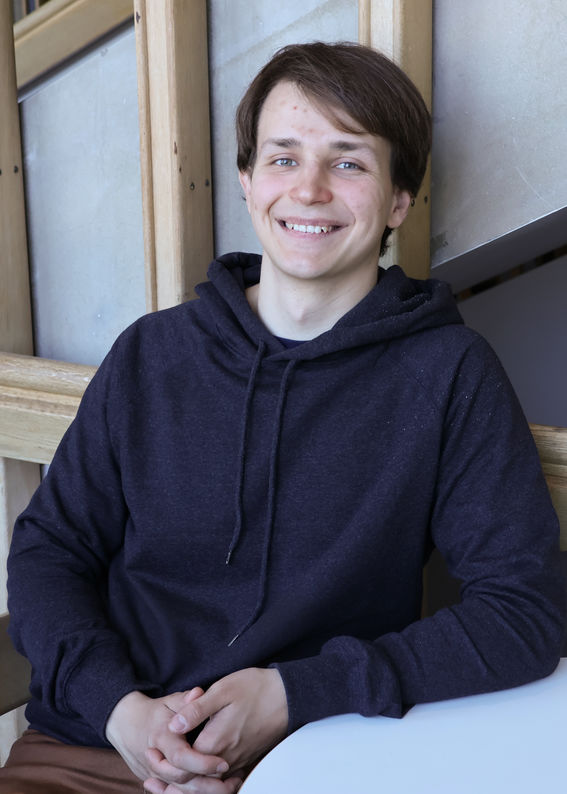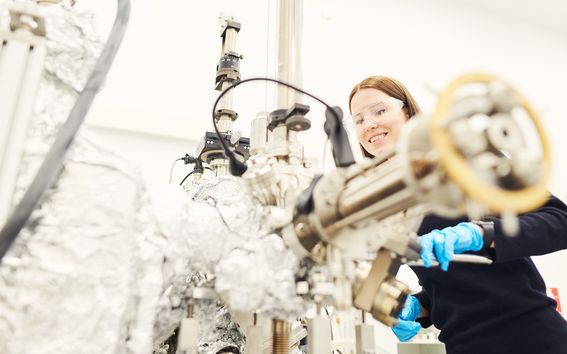From your studies, what do you think is most useful to you in your professional life?
I feel that everything I learned during my master’s studies up to this point has been useful and prepares me for my future jobs. My studies give me the tools to work independently.
For example, in our mathematics courses we have studied optimization—which, in my view, is practical mathematics. An assistant in one of the courses told me that he himself works in the energy sector and uses optimization in his work. It is a basic, everyday tool in the industry, and our studies showed us how to use it.
What are your expectations for the future?
At the moment I want to do research. I have worked part-time as a research assistant while studying and full-time during last and this summer. Later, I would like to work on nuclear reactors. For example, I could begin my career as an operator, who is responsible for starting the reactor and taking care of safety. I would like to work specifically with nuclear energy, but my future profession probably does not exist yet.
I have the feeling that, although I don't know exactly what my future profession will be, I am going in the right direction. Green energy is essential; development must go in that direction, and I want to be part of it.












